Climate thresholds and heterogeneous regions: Implications for coalition formation
The threat of climate catastrophes has been shown to radically change optimal climate policy and prospects for international climate agreements. We characterize the strategic behavior in emissions mitigation and agreement participation with a potential climate catastrophe happening at a temperature threshold. Players are heterogeneous in a conceptual and two numerical models. We confirm that thresholds…
Read more


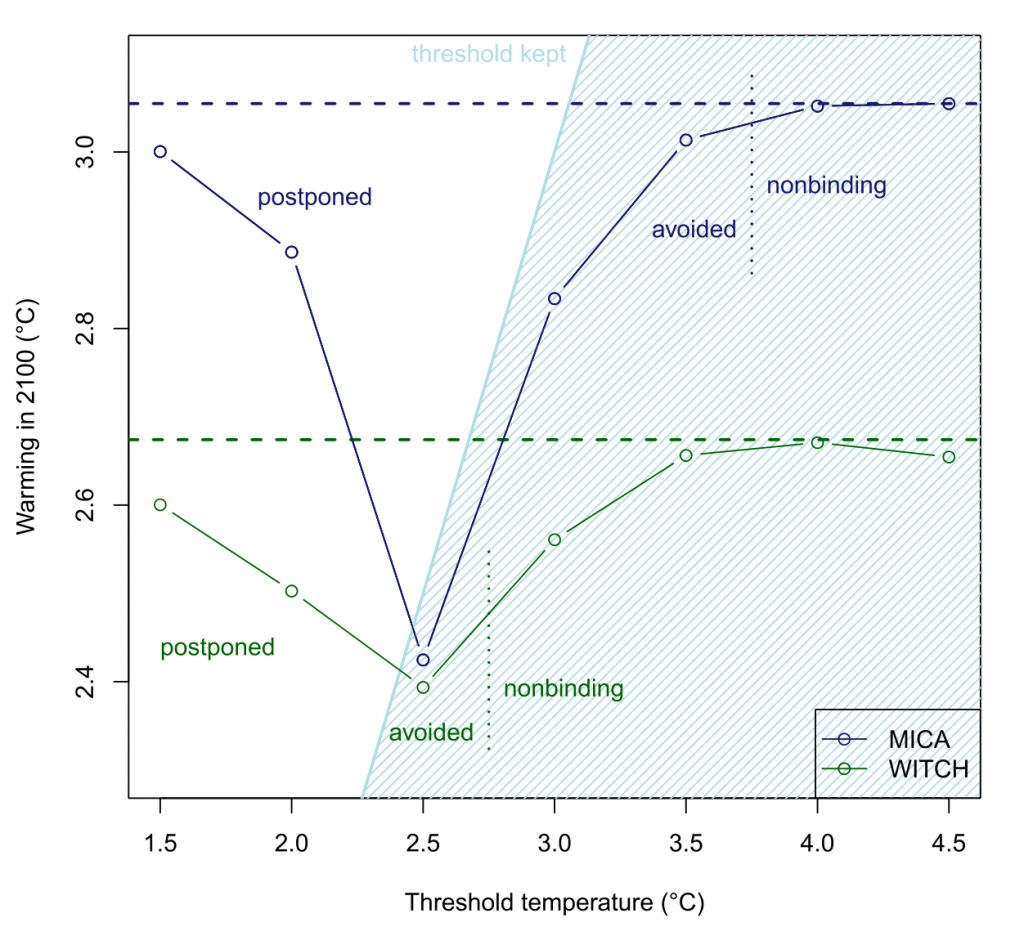
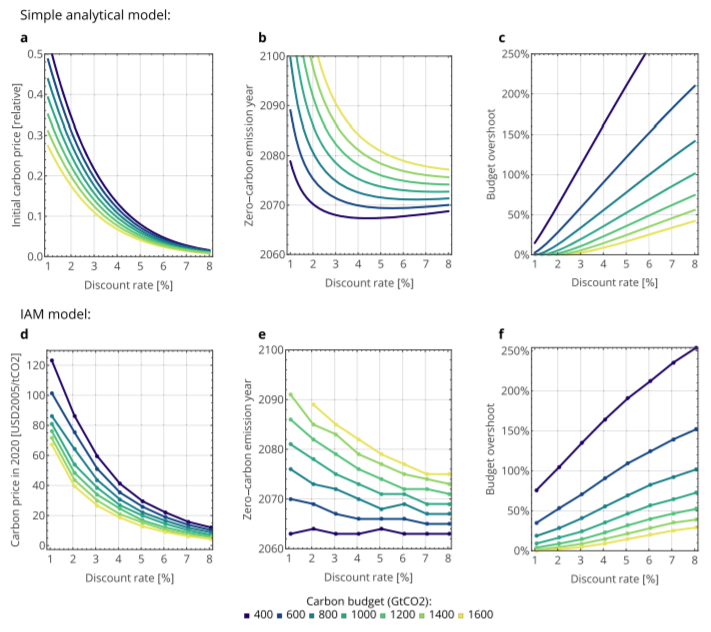

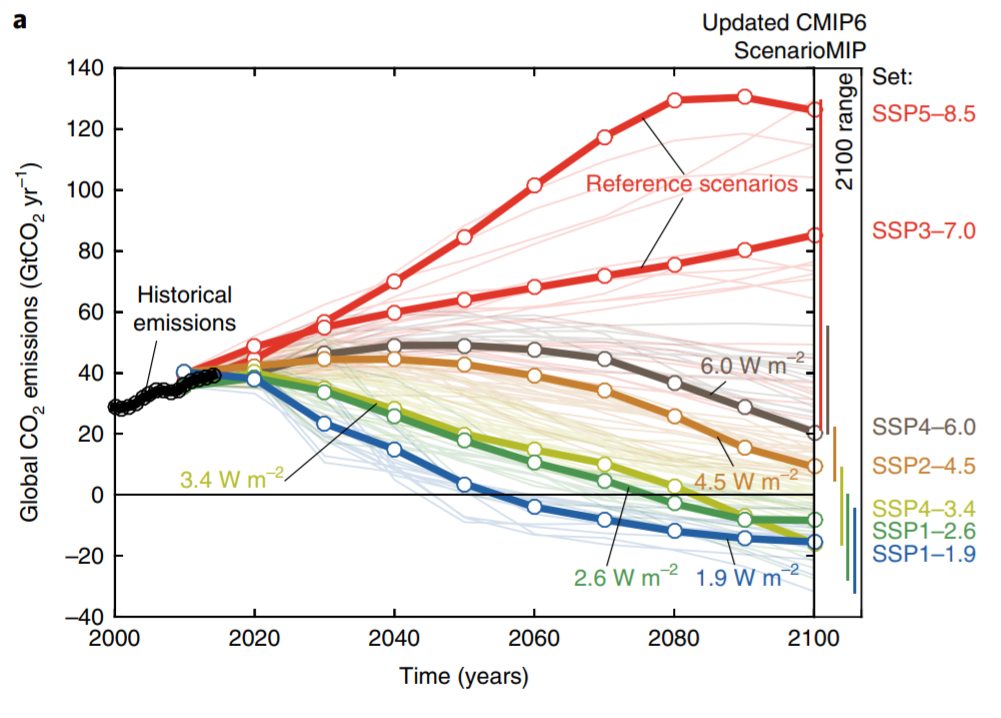
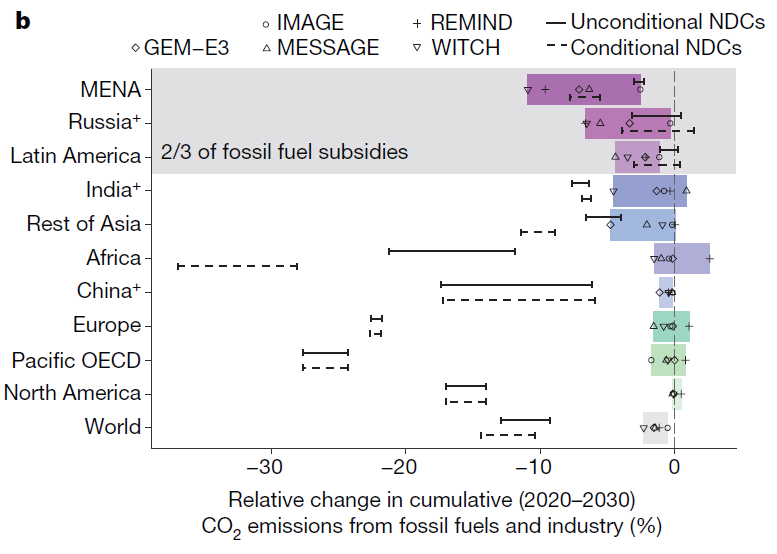


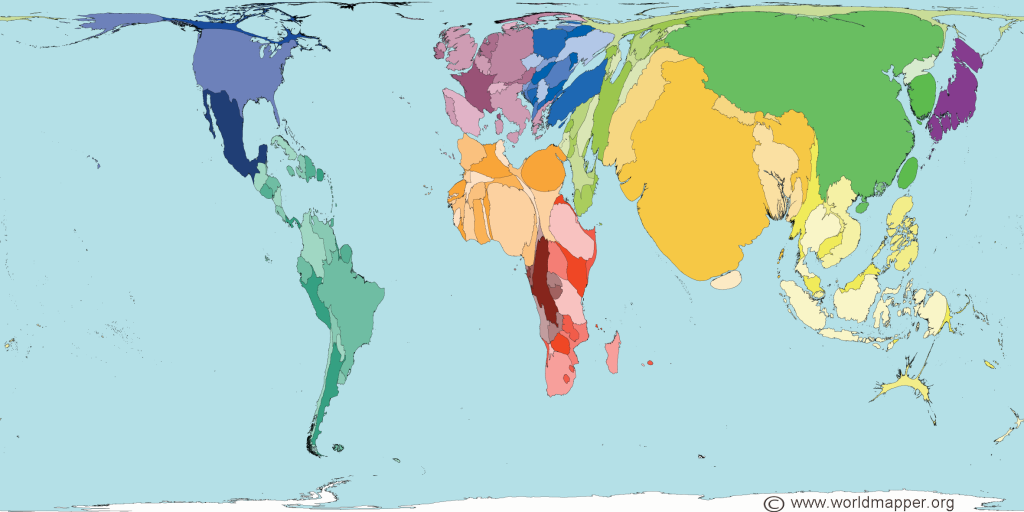

Recent Comments